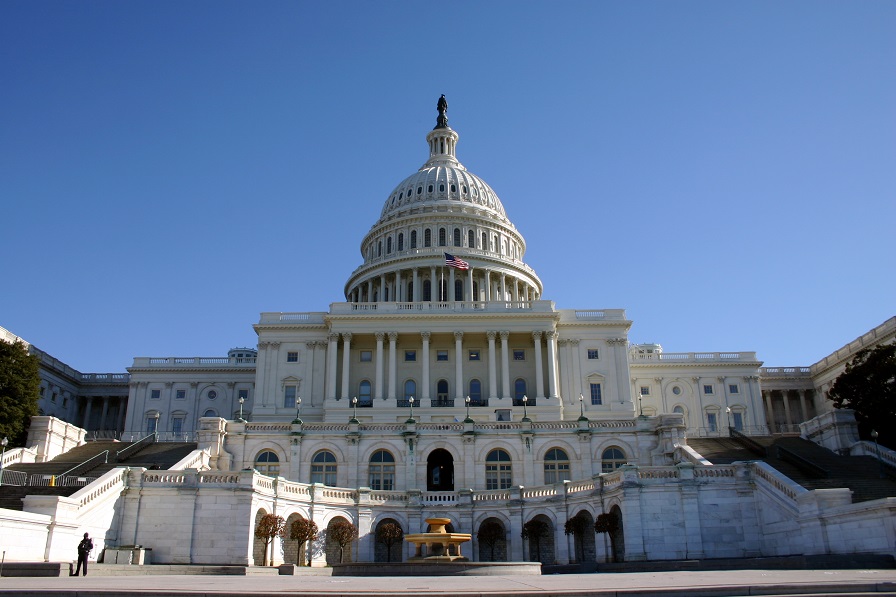Senate Ag Committee Passes Derivatives Bill
The Senate Agriculture, Nutrition & Forestry Committee approved a bill designed to bring transparency to derivatives trading.
The Wall Street Transparency and Accountability Act is expected to be folded into a larger financial reform bill and subjected to a procedural vote by the Senate on April 26. One Republican, Sen. Grassley (IA), joined 12 Democrats in recommending the bill’s approval.
Derivatives currently trade virtually unregulated and with no reporting requirements. Critics argue that derivatives, which in theory are risk-management tools, also are traded by speculators and are lucrative for the firms that deal them and were responsible for much of the damage resulting from the near collapse of the financial system in ’08.
The bill approved by the Agriculture Committee would require a certain segment of derivatives to be cleared by a central repository and traded on a registered exchange or “swap execution facility.” Exemptions from the clearing requirement would be available for entities hedging a commercial risk and also for contracts deemed to be so customized that no clearinghouse would accept them. There is no definitive data for how much of the $600 trillion-plus total of derivatives that exemption would cover.
The bill also contains a clause that would prohibit federal assistance, including federal deposit insurance and access to the Federal Reserve discount window, for banks that act as derivatives dealers. Banks that want to create the products and make a market for them would have to spin off that activity, which, in theory, lessens the “systemic risk” to the entity and the economy if the bank is large enough.
Committee Chairman Lincoln (D-AR) said after the vote that “banks need to decide if they want to be banks or if they want to engage in the risky trading that caused the collapse of firms such as AIG.” The Agriculture Committee has jurisdiction because it has oversight of futures trading, which initially involved agricultural commodities and the Commodity Futures Trading Commission (CFTC).
If the bill is passed by the Senate, however, it still must be reconciled by a conference committee with legislation passed by the House last December. The Committee voted along party lines to reject an amendment offered by ranking member Sen. Chambliss (R-GA) who said his amendment had several differences with Chairman Lincoln’s proposal: a broader exemption for end-users from clearing and exchange trading requirements, no denial of federal provisions for banks that deal swaps, and less stringent capital requirements for uncleared swaps.
Sen. Chambliss said one of his concerns was “unintended consequences” if the end-user exemption were too narrow. “I am not referring to large dealers … they would not get an exemption from clearing. I am talking about entities like those in each of our states that actually use derivatives to hedge their interest rate risk,” he said at the hearing. Chambliss cited Farm Credit System institutions as one such entity. But he also said that “the handful of remaining issues that stand between us and a bipartisan bill do not constitute some stark choice. We probably generally agree on 90 percent of the specifics.”
CFTC Chairman Gensler was present at the committee markup and told reporters the measure was “overall a very strong package.”
Treasury Secretary Geithner called the action “another step towards comprehensive financial reform.” He said in a statement that the bill would “bring derivatives trading out of the dark, provide strong oversight of market participants, and combat fraud, abuse, and manipulation.”
Also, Rep. Lucas (R-OK), ranking member of the House Agriculture Committee, said he was “disappointed” in his Senate counterpart’s product. Lucas said that “if the bill adopted by the Senate Agriculture Committee becomes law, it will make it too costly for end-users to manage risk.” He said he and his House colleagues, who passed a bill with a broader concept of which end-users would get exemptions, “widely agreed that the end-users did not cause the financial crisis and should not be regulated like they did.”
Source: The National Cotton Council








